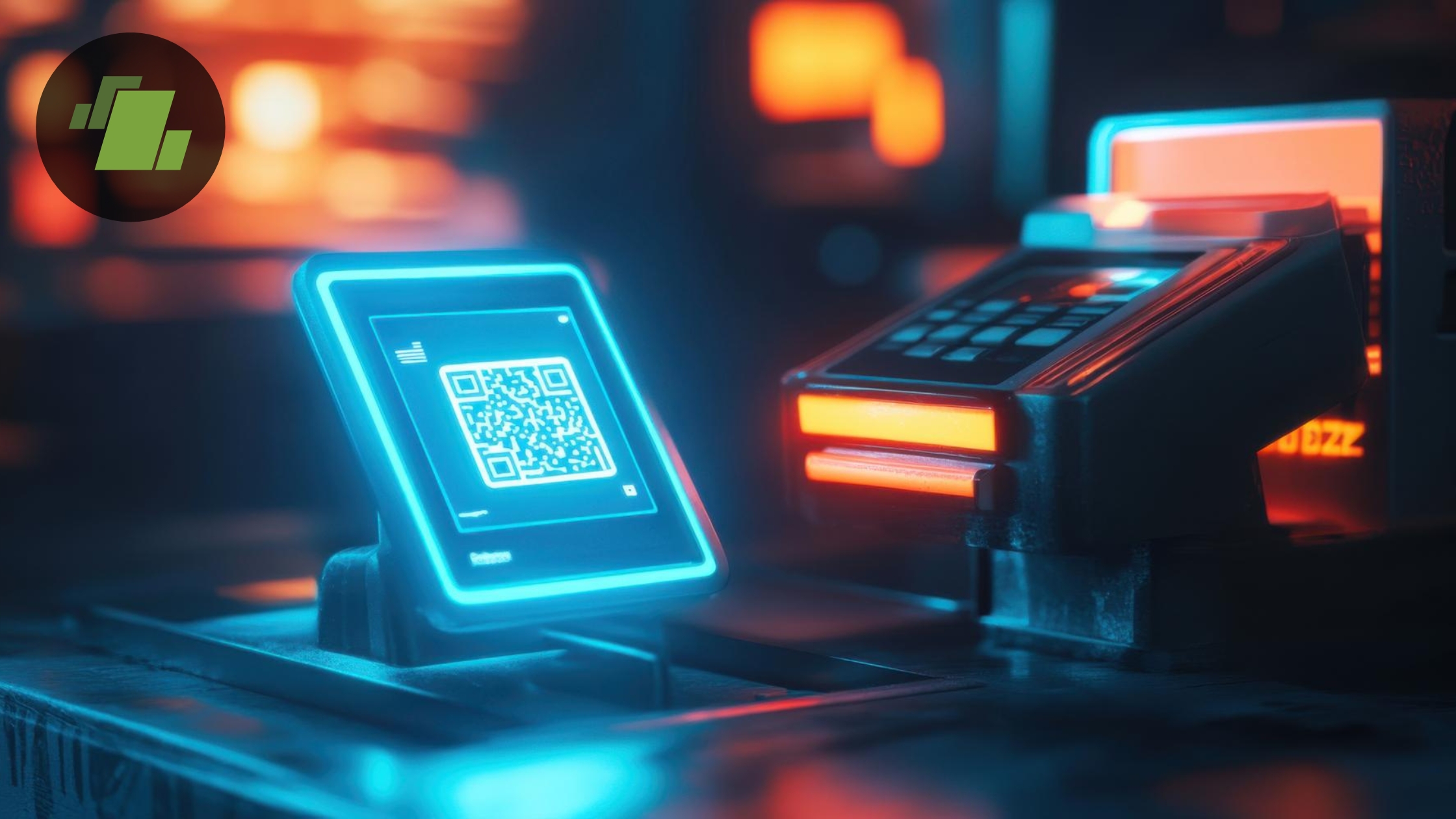

Get LOGIC ERP and elevate your retail operations today! Explore the 5 essential features of an ideal POS system—ease of use, inventory control, integrations, payments, and analytics.
Introduction
A Point of Sale (POS) system plays a crucial role in the operations of retail businesses, facilitating transactions, managing inventory, and providing valuable insights. An ideal POS system must meet certain requirements to effectively streamline retail operations and enhance customer experiences. In this article, we will explore the five important requirements that contribute to an ideal POS system in retail.
-
Ease of Use: An ideal POS system should prioritize ease of use to ensure efficient operations and minimize training time for staff. The interface should be intuitive, with clearly labeled functions and navigation. Employees should be able to quickly learn how to process transactions, manage inventory, and access necessary information. Additionally, a user-friendly POS system reduces the risk of errors during transactions, improving customer satisfaction and staff productivity.
-
Robust Inventory Management: Effective inventory management is crucial for businesses of all sizes. An ideal POS system should provide comprehensive inventory management capabilities, including real-time tracking of stock levels, automatic stock replenishment alerts, barcode scanning, and the ability to manage variants (such as size and color) for different products. It should also allow for easy inventory adjustments, stock transfers between locations, and generate accurate reports on stock levels and sales trends.
-
Integration and Compatibility: To streamline operations and enhance efficiency, a good POS system should integrate with other essential business tools and services. It should have the ability to integrate with accounting software, customer relationship management (CRM) systems, e-commerce platforms, and payment gateways. Seamless integration reduces manual data entry, minimizes errors, and provides a unified view of business operations across different channels.
-
Payment Processing Capabilities: An ideal POS system should support multiple payment options, including credit and debit cards, mobile payments and other digital wallets. It should also be capable of processing different types of transactions, such as refunds, split payments, and discounts. The system should ensure secure and encrypted transactions to protect customer payment information and comply with industry standards.
-
Reporting and Analytics: Data is a valuable asset for any business. A robust POS system should offer detailed reporting and analytics features that provide insights into sales performance, customer behavior, and overall business trends. It should generate customizable reports that enable business owners to make informed decisions, identify opportunities for growth, and optimize inventory management strategies. Integration with business intelligence tools or the provision of built-in analytics capabilities further enhance the system’s value.
While these are the top five requirements, businesses may have additional needs based on their specific industry and operations. Therefore, it is essential to consider factors such as scalability, customer support, hardware compatibility, and pricing when selecting an ideal POS system for a particular business.
Read More: Key Benefits of LOGIC ERP POS Software Implementation in Retail Sectors
Conclusion
An ideal POS system in retail should fulfill several important requirements to effectively support business operations. These requirements include ease of use, seamless integration with other systems, robust inventory management, flexible payment options, and robust reporting and analytics capabilities. By meeting these requirements, retailers can enhance operational efficiency, improve customer experiences, and make informed business decisions. Investing in the right Retail POS System tailored to these requirements is crucial for long-term success in the retail industry.
Get started now! Call +91-734 114 1176 or email us at sales@logicerp.com to schedule your demo and take the first step towards operational excellence with LOGIC ERP.


